Table of Contents
ToggleThe daily oral and dental care routine consists of brushing and flossing. In the past 15-20 years, mouth rinses have been added to this routine or have become a hygiene product used occasionally, even if they are not part of the routine. What other benefits do mouthwashes have for oral health, especially for those with busy social lives and young people who prefer them for freshening breath?
Mouth rinses, or gargles, help prevent cavities and gum diseases by providing cleaning in areas that the toothbrush cannot reach. Plaque buildup caused by bacterial accumulation on teeth is a trigger for dental diseases, inflammation, and tooth loss. Mouthwash, with its ability to slow down tartar formation, supports plaque control.
Fluoride Mouthwashes
Fluoride mouthwashes, like fluoride toothpaste, are used to maintain dental health. Your doctor may have recommended a fluoride mouthwash specifically for you, or you can discuss your desire to use one with your doctor. Fluoride mouth rinses have a formula aimed at preventing tooth wear and strengthening tooth enamel.
Who Should Use Mouthwash
Anyone who takes care of their oral hygiene and wants to maintain dental health can use mouthwash. Mouth rinses become even more important, especially in the following cases:
Saliva is a natural cleanser for teeth. People with dry mouth are at a higher risk of tooth decay. This problem can be due to dehydration, medications, chronic illnesses, aging, and other factors. Adding mouthwash to oral care routines can increase protection for these individuals.
For those undergoing orthodontic treatment, it’s inevitable that food particles will get stuck between braces and lead to cavity formation. Additionally, plaque can cause white spots that will be visible when the braces are removed. Of course, there are cleaning tools recommended by the doctor, such as interdental brushes. Your doctor may also recommend using mouthwash in most orthodontic treatments, especially fluoride mouthwash.
For individuals experiencing gum recession, changing brushing habits (using a softer and gentler brush) and using fluoride mouthwash will increase protection and slow down progression.
How to Use Mouthwash?
Unless your doctor has made a different recommendation and you’re using it only once a day, the most beneficial time to use mouthwash is before bed.
Should Mouthwash Be Used Before or After Brushing?
One of the most frequently asked questions about mouthwash is whether mouth rinses should be used before or after brushing. In fact, you can use it either before or after. Some studies suggest that mouthwash removes fluoride from toothpaste, so it should be used at a separate time. If your mouthwash contains fluoride, using it at a different time from brushing will be beneficial in each application. You can read the labels of mouthwashes that carry specific characteristics. Usage instructions on prescription mouthwashes will be suitable for the mouthwash. If you’re adding mouthwash to your oral hygiene routine, you can start using it after brushing and flossing. A usage time of 30 seconds to 1 minute is sufficient. The measurement for mouthwash usage is generally indicated by the cap size, depending on the product you’re using.
Diş Tedavileri
Deneyimli ekibimizden bilgi ve Dr. Mehmet Kazandı’dan randevu almak bizimle hemen iletişime geçebilirsiniz.

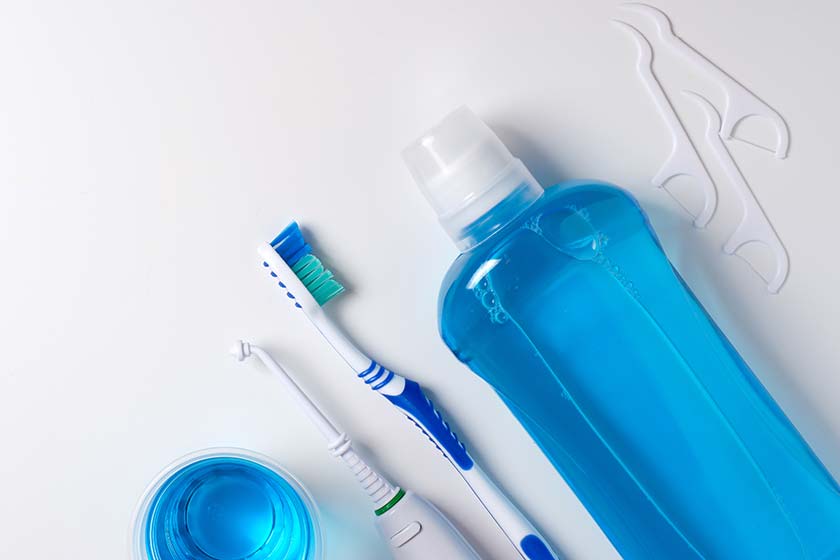
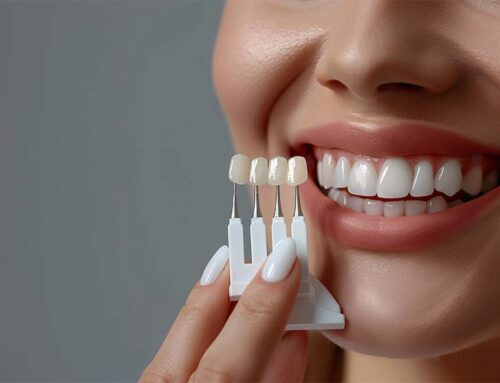
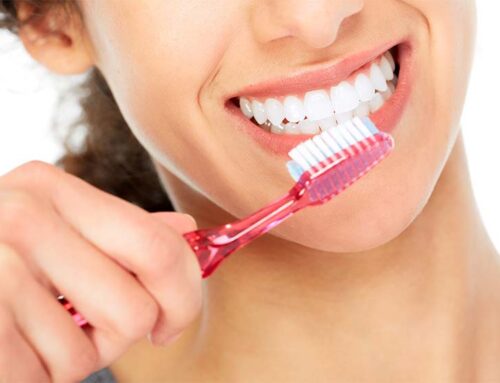
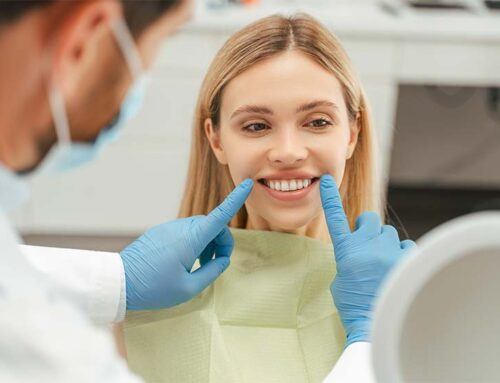
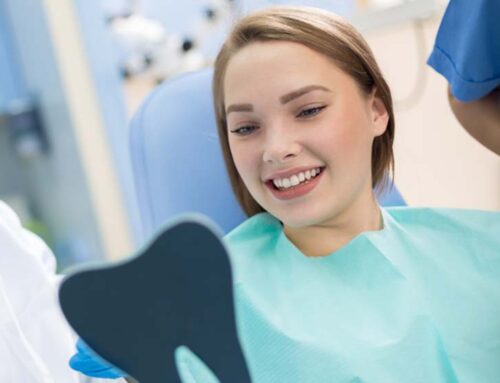
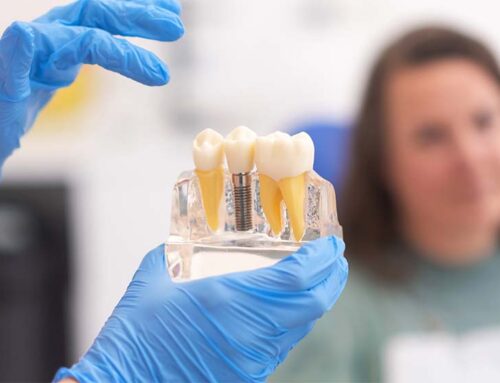
Leave A Comment